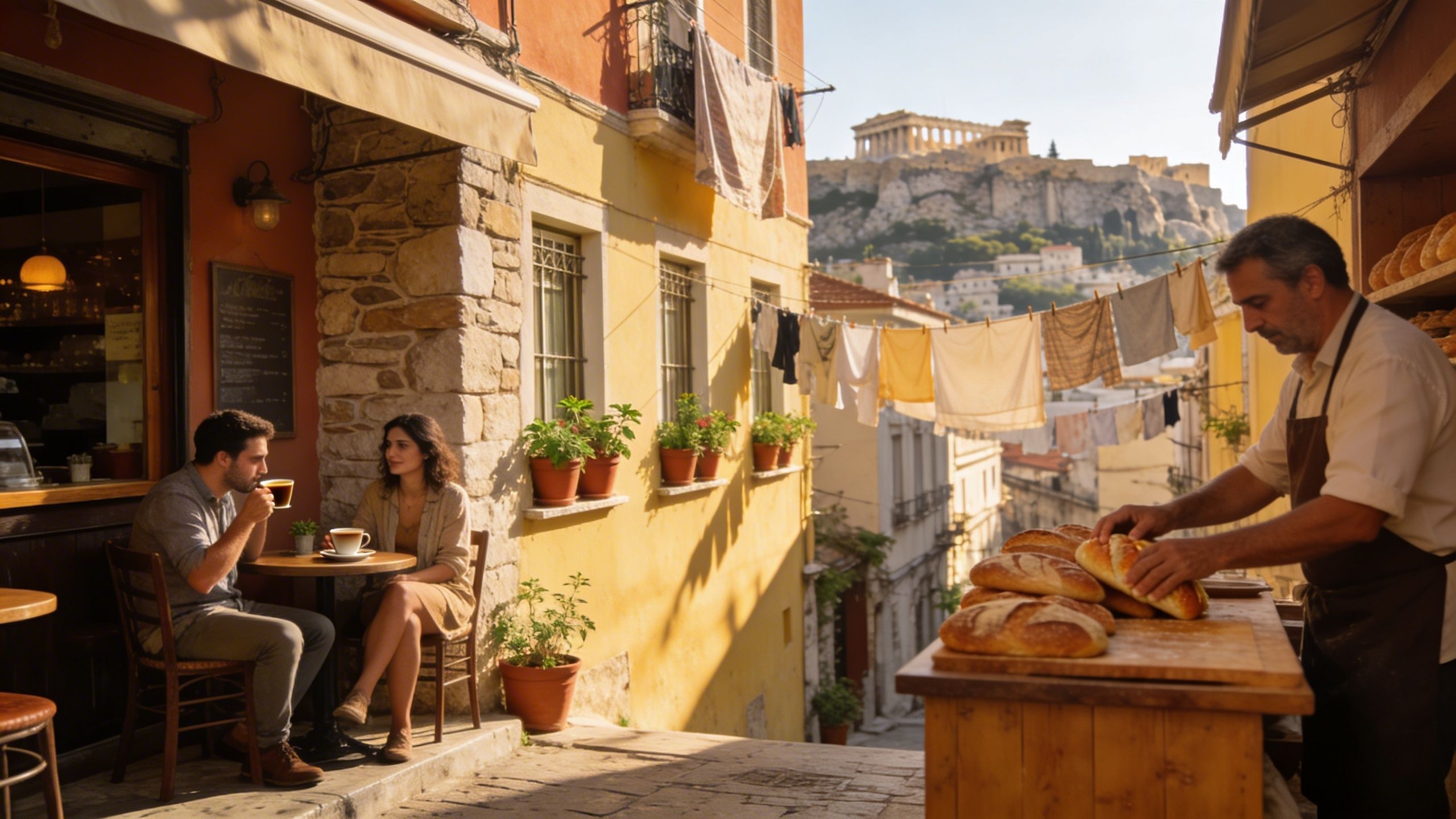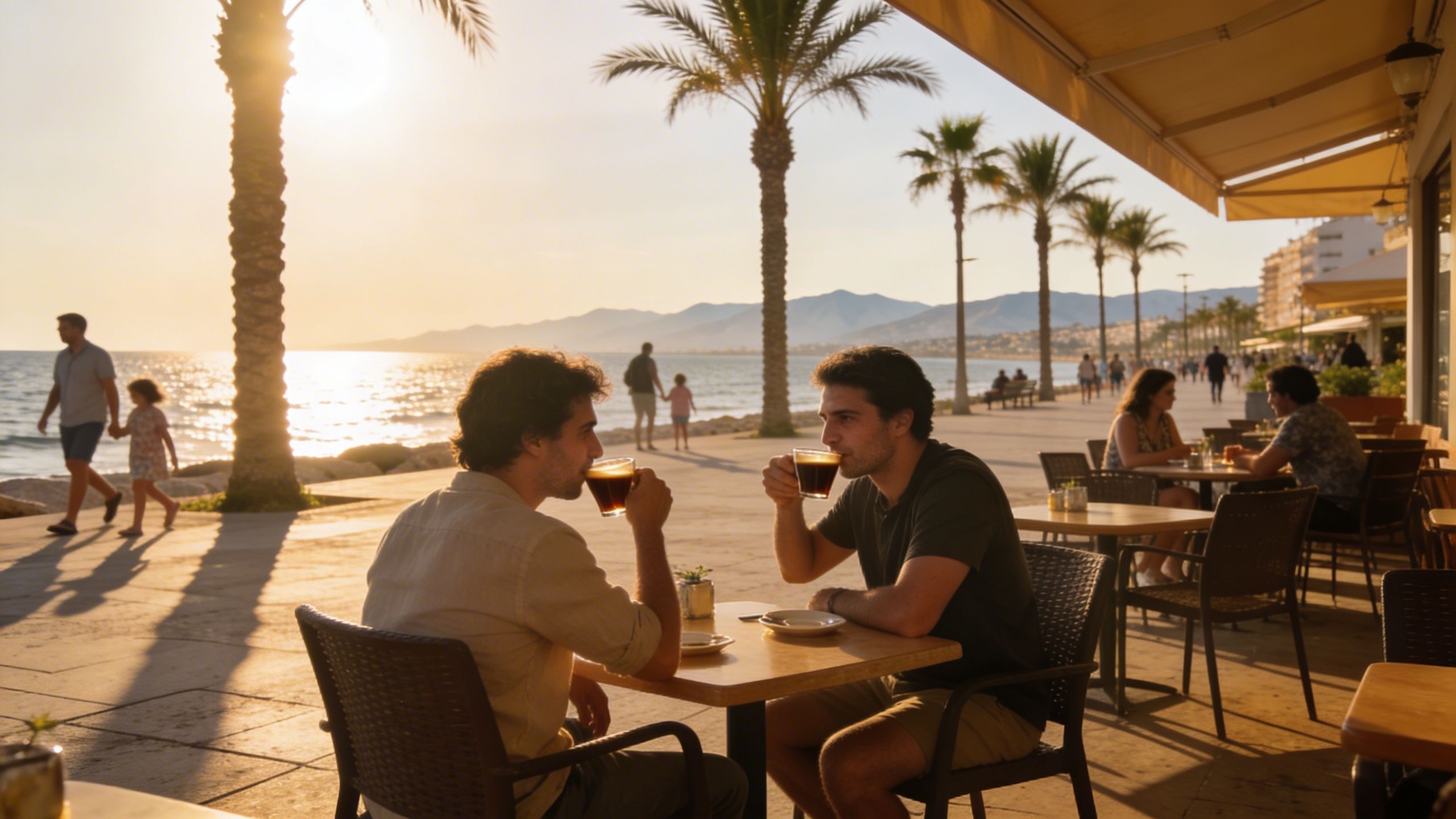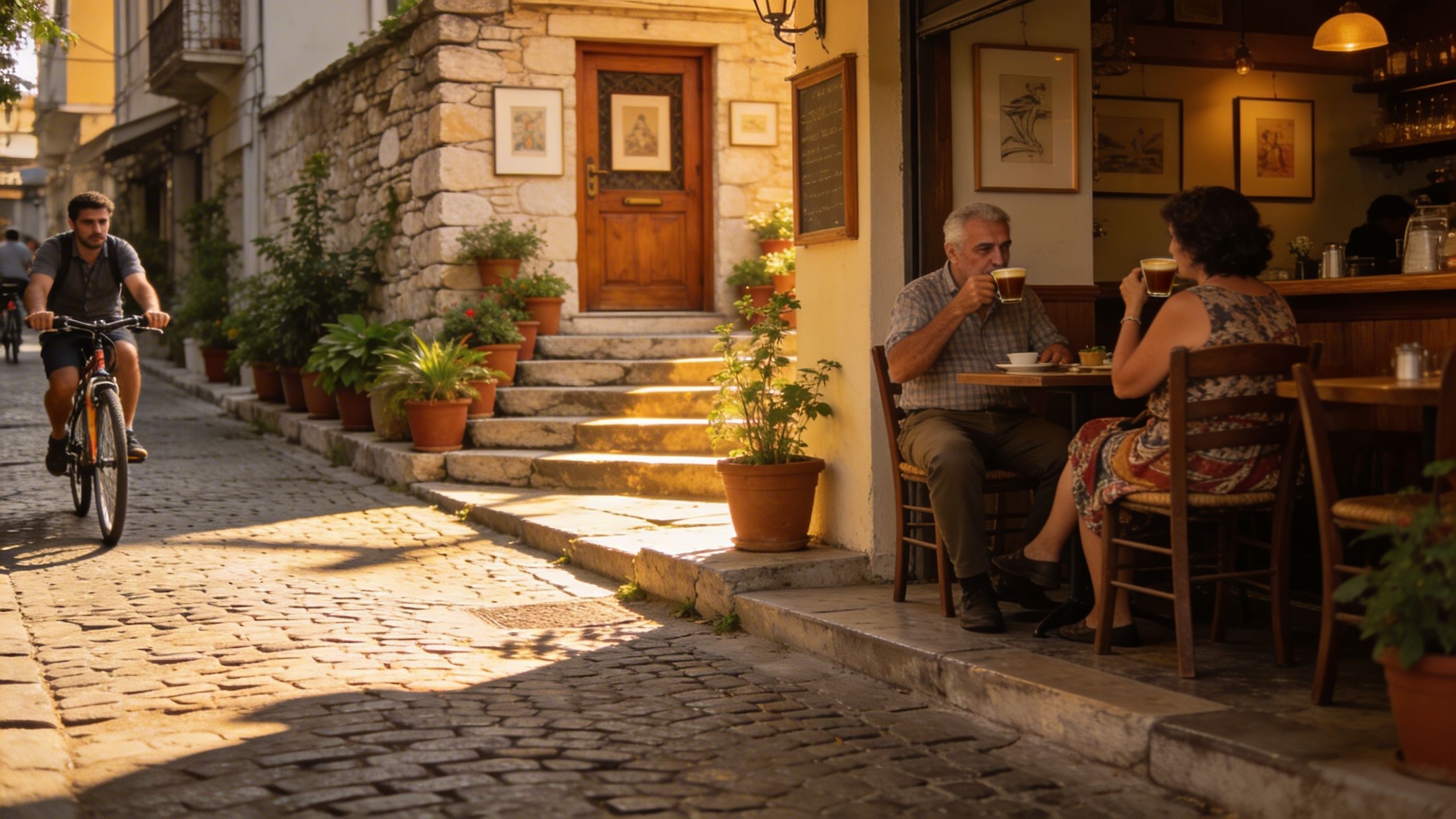Island Buying in Croatia: Permits, Water & Seasonal Truths
Island and coastal purchases in Croatia are irresistible — but success hinges on checking land registry entries, water connections and municipal permits before the romance becomes a costly surprise.
Imagine mornings that begin with the thud of fishing boats returning to Split’s Riva, the scent of grilled sardines on a small terrace in Hvar, and the hush of pine forests behind stone cottages on Brač. Croatia’s coast is cinematic and intimate — a place where daily life is marked by markets, sea breezes and neighbourhood rituals. But if your dream includes an island stone house or a seafront apartment, the romance arrives hand-in-hand with paperwork: permits, water rights, and seasonal realities that can change value as clearly as the tide.
Living the Croatian coastal life
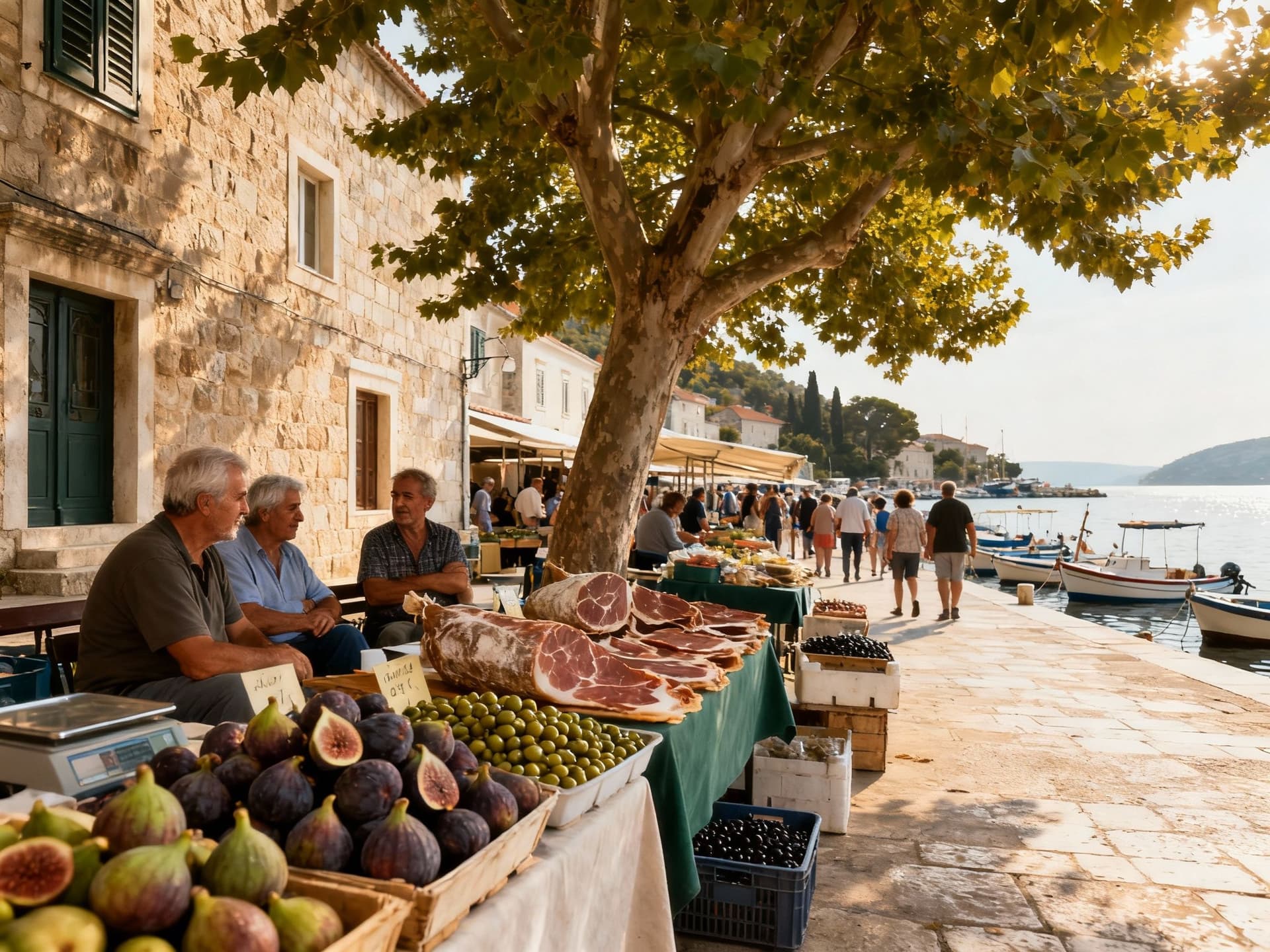
Croatia feels slower and louder at the same time — slow in its afternoons under plane trees, loud in its markets, and bright with coastal colour. From Zagreb’s coffee terraces to Istria’s olive groves and Dalmatia’s pebble beaches, everyday life is a choreography of seasons: bustling summers, reflective shoulder months and quiet, restorative winters where towns reclaim their local rhythms. That ebb is part of the appeal and one of the practical truths buyers must accept: the way a place lives in August is very different from how it breathes in November.
Neighborhood spotlight: Split’s Varoš & Brač’s Supetar
Wander Varoš in Split and you’ll find narrow stone alleys, rooftop terraces stacked like a jigsaw and locals who still buy fish at the same stall their grandparents used. Cross to Supetar on Brač and the rhythm slows: cafes spill onto the waterfront, small family-run konobas serve fresh tuna, and the hinterland olive groves slope gently to the sea. These are places where a home is part of neighbourhood life — which means properties with shared wells, communal courtyards and historical servitudes are common and worth investigating before you fall in love.
Food, markets and everyday rituals
Picture a Saturday market in Zadar: figs, Pršut slices torn paper-thin, and the low murmur of neighbours catching up. Coastal dining leans seasonal and local — shellfish in spring, peka (slow-roasted meat and vegetables) in autumn — and this seasonal food culture affects how properties are used and rented. If you plan short-term lets, expect summer peaks and long shoulder seasons where occupancy drops and local services scale back.
- Lifestyle highlights to scout in person
- Morning espresso at Riva, Split — neighbourly conversation and a direct feel for the local rhythm
- Sunday market in Poreč (Istria) — discover local producers, seasonal prices and supply chains
- Fishing quay observations on Hvar or Vis — important for water access, mooring and coastal erosion awareness
Making the move: permits, registration and local rules
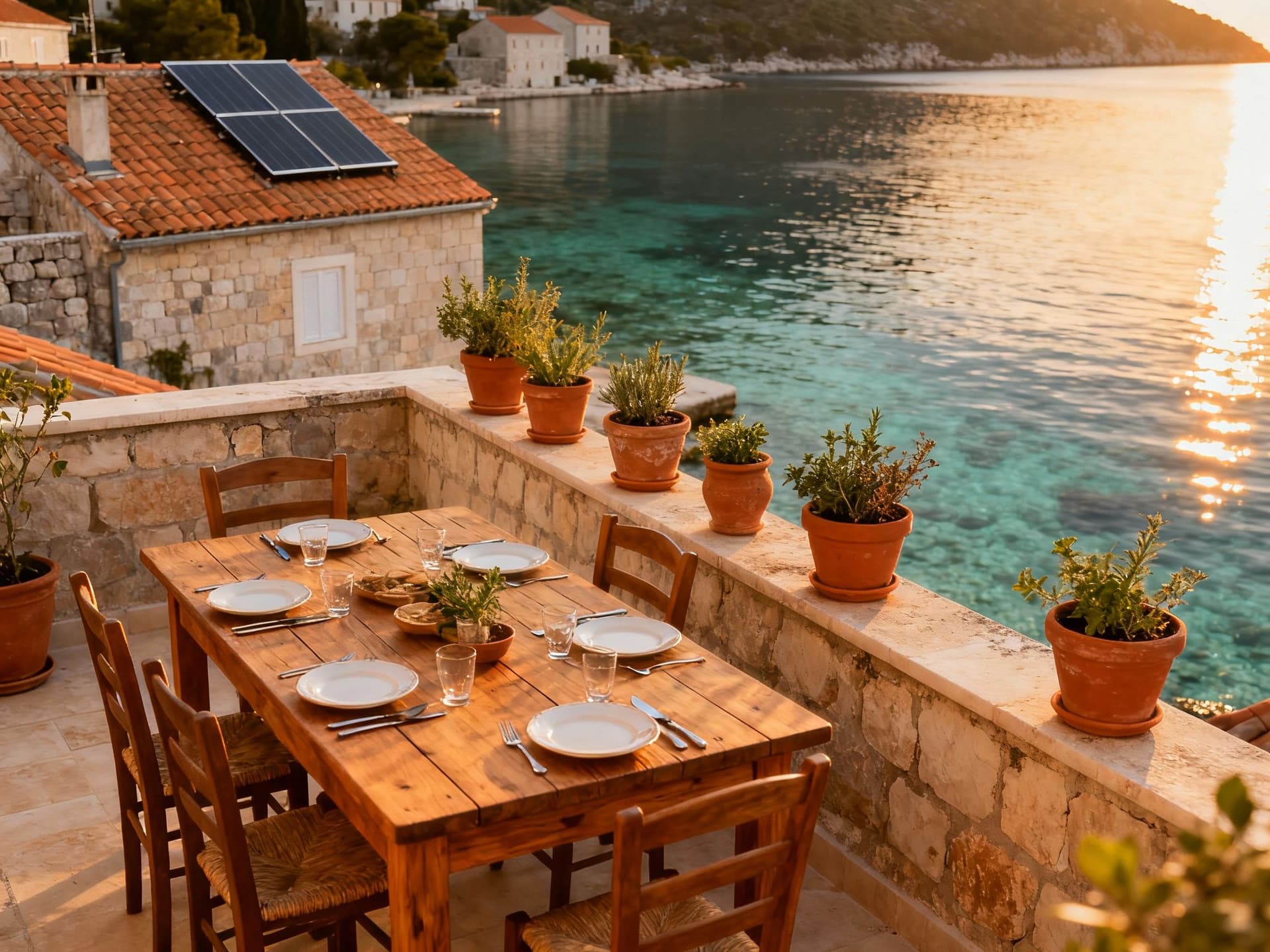
The paperwork behind a Croatian dream home is not invisible theatre — it materially shapes what you can do with a house, especially on islands. Ownership is only solid once registered in the land register; many coastal plots carry historical servitudes (rights of way, water pipes, or access for neighbours) that limit development. EU citizens generally face fewer hurdles than non‑EU buyers, but all international buyers must check registry entries, building permits and municipal spatial plans before signing.
Property styles: stone houses, new builds and adaptive restorations
Traditional stone houses offer thermal mass and character, but often require upgrades: modern insulation, septic or sewage connections, and electrical wiring suited to contemporary living. New builds can be efficient and easier to certify for tourism use, yet face coastal zoning constraints and stricter planning approvals. For green-minded buyers, look for properties with solar potential, rainwater collection and passive cooling — features that reduce running costs and align with local building preferences.
Working with local experts who know island realities
An honest local agent, a Croatian notary, and a land registry (Zemljišna knjiga) search are non‑negotiable. Agents familiar with island logistics can flag hidden costs — seasonal ferry schedules, utility extension costs, or communal road maintenance — which have real budget impacts. Market data shows transactions cooled in early 2025 even as prices in key areas stayed firm, underscoring how due diligence can be the difference between a smart purchase and an expensive surprise.
- Six practical steps that blend lifestyle and legality
- 1) Visit in shoulder season to test services and noise levels; summer will flatter a place but won’t show winter realities.
- 2) Order a land registry extract (zemljišnoknjižni izvadak) and check for servitudes, pre‑emptive rights or liens before offer.
- 3) Confirm water supply and waste connections — on many islands you’ll confront wells, cisterns or septic systems that affect renovation costs.
- 4) Verify permitted usage with the municipal spatial plan (prostorni plan) if you intend to rent, alter or enlarge the property.
- 5) Use a notary (javna bilježnica) to formalise contracts and ensure registration — ownership is only secured when entered in the land register.
- 6) Budget 10–20% over asking for renovation surprises, connection fees and seasonal maintenance — island life has upkeep built into its charm.
Insider knowledge: what expats wish they’d known
Expats often tell the same story: they fell for a view and later learned the seasonal truths — a summer ferry timetable that makes island commuting tricky in winter, or a neighbour’s right of passage that blocks your planned garden terrace. Data shows foreign buyers still make a meaningful share of transactions, but cooling sales and rising prices mean the smartest purchases are those where lifestyle checks were paired with exacting due diligence.
Cultural cues that change how you live and renovate
Croatian coastal communities prize harmony with landscape: low stone walls, olive terraces, and modest façades. Heavy-handed modern additions can create neighbour friction and planning headaches. A local approach — using reclaimed stone, timber shutters, and discreet solar panels — not only fits the aesthetic but often smooths planning approvals and preserves village goodwill.
Long-term stewardship and sustainable choices
Think beyond the purchase price. A rainwater system, passive shading and local stone repairs reduce lifetime costs and deepen your relationship with place. For those wanting rental income, consider annual occupancy patterns and the administrative path to legally register short‑term lets; sustainable upgrades often pay back in comfort, lower bills and stronger guest reviews.
- Red flags that should pause a purchase
- Unregistered additions (terraces, annexes) — these often trigger fines or demolition orders.
- Ambiguous access rights or private drives shown only on old cadastral maps.
- No clear water or sewage plan — a common island constraint that can double renovation budgets.
If any of these appear, ask for a specialist survey and a written remediation plan before you commit. Often a negotiated price reduction plus a timed remediation clause in the contract is a fair middle ground.
Conclusion: live the life, but register the rights
Croatia rewards those who move with patience: the island pace, local conviviality and seasonal rituals are part of the lifestyle dividend. But the paperwork — land registry entries, municipal plans, water and waste arrangements — is where long-term enjoyment and value are secured. Visit in different seasons, hire the right local experts, and treat sustainability not as a label but as a budget line and design principle. Do that, and the stone lane, the market stall and the evening sea-view will feel like home, not just a holiday.
Norwegian market analyst who relocated from Oslo to Provence; guides investors with rigorous portfolio strategy and regional ecological value.
